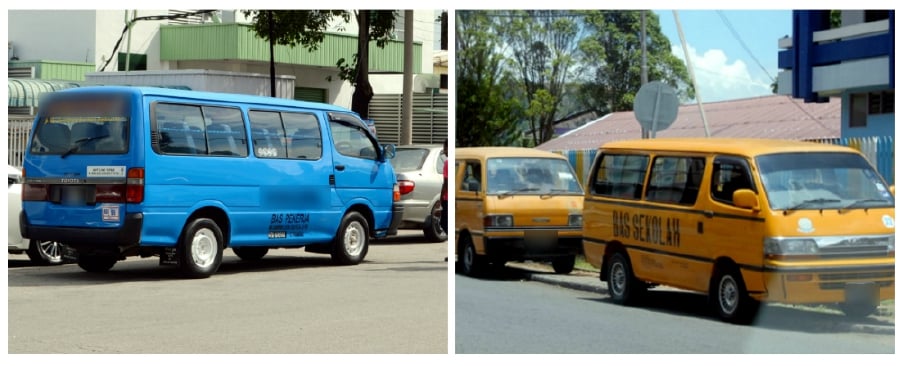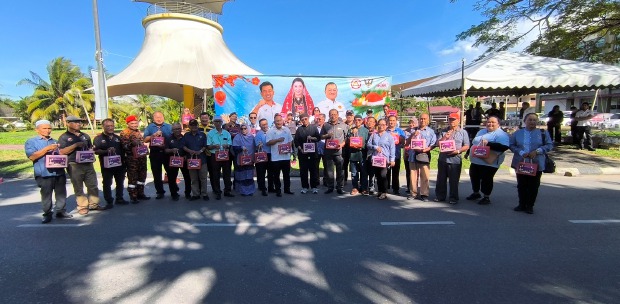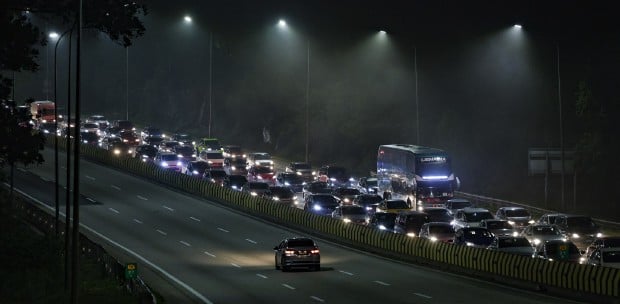KUALA LUMPUR: Road safety experts welcomed the idea of a commercial vehicle-expiry policy as suggested by the Transport Ministry but said more studies need to be conducted before it could be implemented.
Malaysian Institute of Road Safety Research (Miros) board member Professor Dr Wong Shaw Voon said older vehicles tend to have a higher risk of component failure as well as structure integrity which would, directly and indirectly, affect road safety.
“They are more likely to break down and consume more fuel and oil. Thus, (they require) higher maintenance and operation costs.
“Breakdowns further pose safety issues as well as cause traffic jams,” he said in reference to the recent factory bus crash in Juru, Penang that claimed eight lives and injured 44 others.
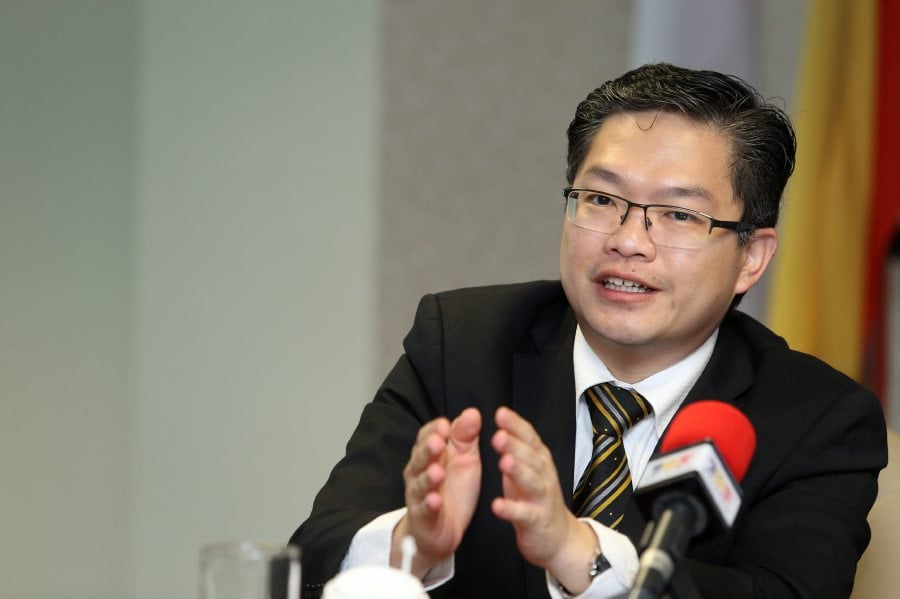
Wong, who is also Universiti Putra Malaysia (UPM) mechanical and manufacturing engineering lecturer, said it was also important to note that older vehicles would not be able to enjoy the benefits of significant technological advancements.
“These for example include significantly better braking systems, stronger and more reliable structural material, fitment of advanced seatbelts, and many others. Older vehicles are definitely not as efficient as modern ones,” he noted.
Wong however, said more studies need to be conducted to determine the cutoff age for such vehicles where they are deemed no longer practical for normal operation.
“Keeping them in a vintage collection is a different situation, but we need to identify the age where such vehicles are deemed no longer viable for use.
“This needs detailed studies as well as other factors such as the socio-economic impact to the country, operators, and individuals owners,” he added.
Transport Minister Datuk Seri Liow Tiong Lai had on Friday said the ministry was mulling the suitability of creating a vehicle-expiry policy which will determine the age limit of vehicles.
He said a preliminary investigation found that the bus which broke down at the side of the road in the Juru bus crash was 32-years-old, while the other was more than 10-years-old.
He said the ministry was looking at the issue of vehicle age seriously in the aspect of road safety, as practised in other countries such as Japan and Singapore.
Meanwhile, his deputy Datuk Abdul Aziz Kaprawi said the policy would not be aimed at all vehicles but only commercial ones.
UPM’s Road Safety Research Centre head, Professor Dr Law Teik Hua the policy would be particularly important for heavy and high-occupancy vehicles, such as trucks and buses which could be more harmful to other road users during accidents.
“However, proper scientific studies need to be conducted - including formulating scientific tools, such as statistical equation and vehicle inspection procedure - to determine vehicle expiry conditions,” he told the New Straits Times.
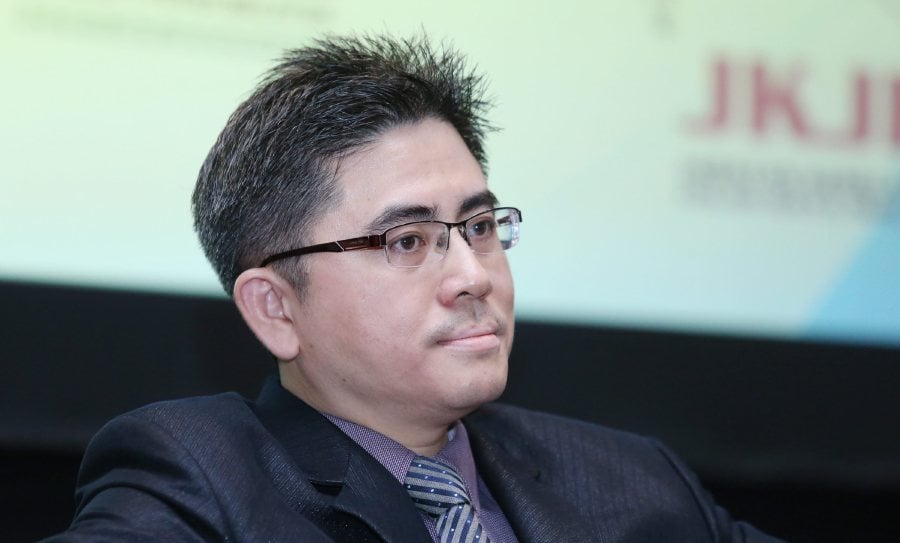
Law said the studies could show that the vehicle age could only be one of the determinants of road accidents or mishaps.
“As we all know, driver behaviour is the most critical factor contributing to road crashes which means more stringent enforcement on commercial vehicles is required to improve their safety,” he said.
Singapore’s quota licence Certificate of Entitlement (COE), Law said, was a good example but needs to be customised for Malaysia.
The license is received from a successful winning bid in an auction which grants the legal right of the holder to register, own and use a vehicle for 10 years in Singapore.
“Vehicle age is not a sole indicator but of course it is easy to implement from a policy viewpoint. Other criteria such as past vehicle maintenance records must be taken into consideration.
“This may change (earlier or later) the expiry age of a vehicle. Consequently, this may help optimise the use of the vehicle, especially commercial vehicles, and in turn, this will impact our economic development,” he added.


